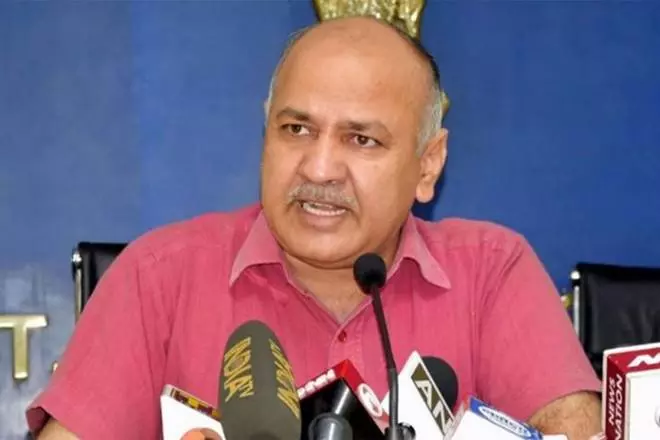
‘Money transfer tentatively established’: SC rejects Manish Sisodia’s bail plea
But if the trial proceeds in a “sloppy manner”, then Sisodia will be at liberty to apply for bail in these cases in three months, the Bench said

Aam Aadmi Party (AAP) leader Manish Sisodia will remain in custody as the Supreme Court on Monday (October 30) rejected his bail plea in the Delhi liquor excise policy case.
“Legal questions have been answered in a limited way. In the analysis, there are certain aspects, which we said are doubtful. But one aspect, with regard to transfer of money, Rs 338 crore, is tentatively established. We have therefore dismissed the application for bail,” said the court, according to Live Law.
The Bench of Justice Sanjiv Khanna and Justice SVN Bhatti said it has recorded the statements of the probe agencies that the trial in these cases will conclude in six to eight months. But if the trial proceeds in a “sloppy manner”, then Sisodia will be at liberty to apply for bail in these cases in three months, the Bench said.
The top court pronounced its verdict on Sisodia’s two separate regular bail pleas filed in the corruption and money-laundering cases related to the now-scrapped Delhi excise policy. It had on October 17 reserved its verdict on both the pleas.
Senior Advocate Abhishek Manu Singhvi represented Manish Sisodia, while Additional Solicitor General SV Raju appeared for the CBI and the ED.
The Delhi excise policy “scam”
Sisodia, who is being probed by both the Central Bureau of Investigation (CBI) and the Enforcement Directorate (ED), has been in custody since February 26, when the CBI arrested him for his alleged role in the “scam”.
The ED arrested Sisodia in a money-laundering case stemming from the CBI FIR on March 9 after questioning him in Tihar jail. Sisodia resigned from the Delhi Cabinet on February 28.
The former Delhi Deputy Chief Minister had moved Supreme Court after failing to get relief in Delhi High Court. The high court denied him bail in the CBI case on May 30, saying having been the deputy chief minister and excise minister, he was a “high-profile” person who has the potential to influence witnesses.
On July 3, the high court denied him bail in the money-laundering case, too, holding that the charges against him are “very serious in nature”.
The Delhi government had implemented the policy on November 17, 2021, but scrapped it at the end of September 2022 amid allegations of corruption. According to the investigating agencies, the profit margins of wholesalers were increased from 5 per cent to 12 per cent under the new policy.
The agencies have alleged that the new policy resulted in cartelisation and those ineligible for liquor licences were favoured for monetary benefits. However, the Delhi government and Sisodia have denied any wrongdoing and said the new policy would have increased Delhi’s revenue share.
(With agency inputs)

